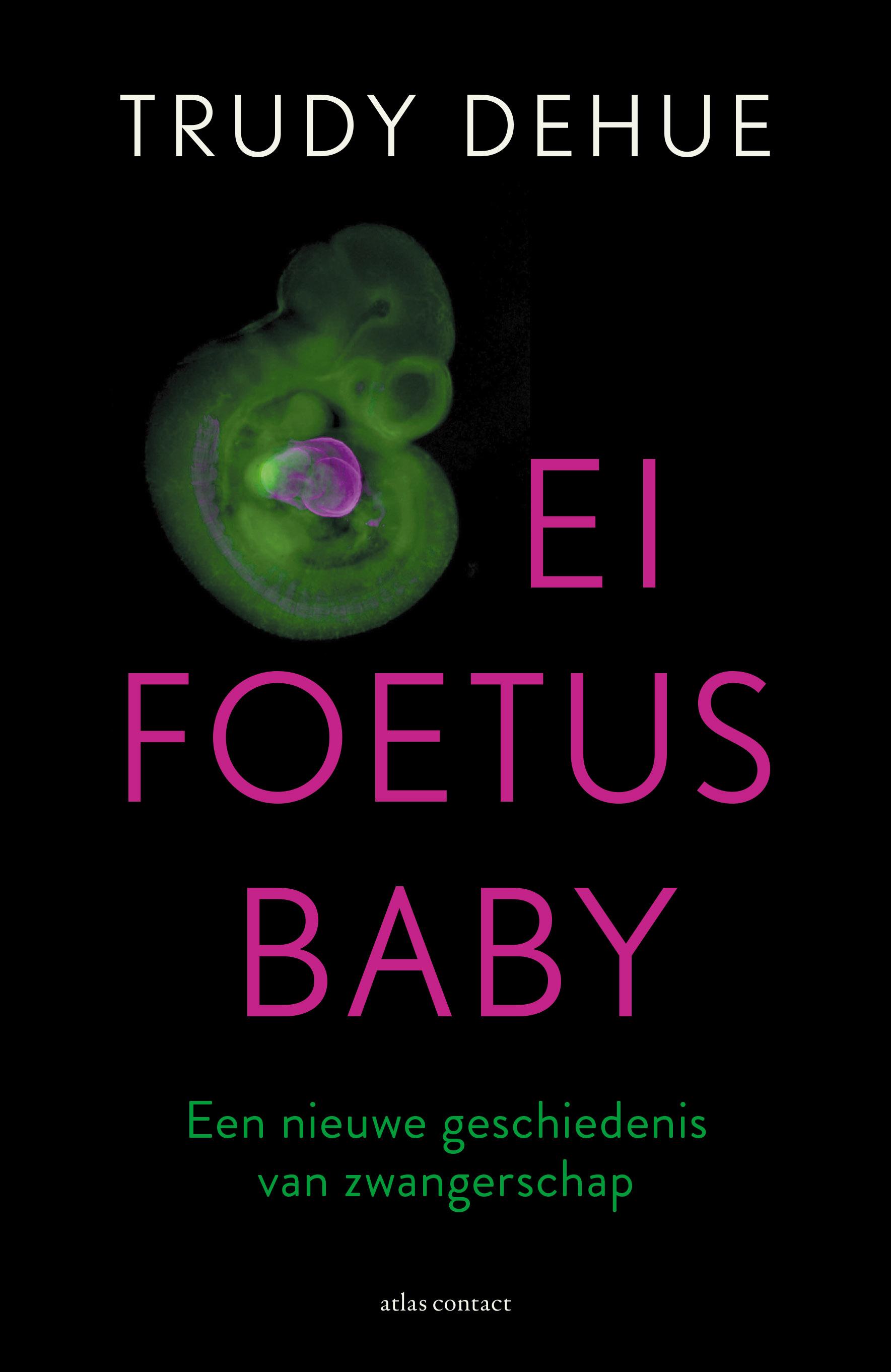Egg Foetus Baby - A New History of Pregnancy
A feminist revisionist history
No one can see through the abdominal and uterine wall into the womb. And yet with a few clicks of the mouse, we can access detailed information about human foetuses, embryos, and egg cells. This evokes wonder about the formation of new humans, but we rarely think twice about how the actual knowledge we have of them was gained and enshrined in our thought processes.

A feminist revisionist history
All our speaking, measuring, calculating and imagining starts with classifications. What should or shouldn’t count as a planet, a mental disorder, a COVID infection, a poet or a refugee? The answers to these questions are inevitably normative. Facts and norms are not separate, as many think, but rather intimately connected. This does not necessarily mean that each fact is therefore as (in)valid as the other, but it does mean that in principle the composition should be assessable.
Take the example of pregnancy. It involves classifications like ‘pregnant’, ‘mother’ and ‘embryo’ and ‘unborn child’, a ‘beating heart’, ‘abortion’ and even ‘murder’. What has been historically meant by these terms and how were their definitions arrived at? Such classifications also have pre-eminent consequences, because they give people rights, or take them away. Trudy Dehue calls the classifications hidden inside facts ‘linguistic technology’, and explains how they often turn out to be intertwined with the ‘material technology’ of, for example, pregnancy tests, the pill, ultrasounds, and IVF.
Rights
Hayo Deinum
hayo@sharedstories.nl
The evocatively-told stories of individual women are gripping and unsettling.
de Volkskrant
The advent of the ‘pregnancy test’ (material technology) allowed a woman to ‘be pregnant’ (linguistic technology) earlier than before, and this has had both positive and negative consequences for pregnant women. What for centuries was termed ‘inducing a period’ has become ‘abortion’ or ‘termination of pregnancy’ due to the test.
The Latin term abortion implies interference by a doctor in an unwanted conception, making it politically ‘a medical-ethical issue’. This is different from the religious issue many still want to see in it, but also different from the private matter it once was and, according to many — including the World Health Organisation — should become again.
Dehue revises and revolutionises our thinking about pregnancy and women’s bodies in a clearly-argued, readable account of the historical basis of the narratives we have created around the subject.
An important book […] Anyone who wants to make big statements, religiously or otherwise, about pregnancy should read this first.
Nederlands Dagblad
Publications
